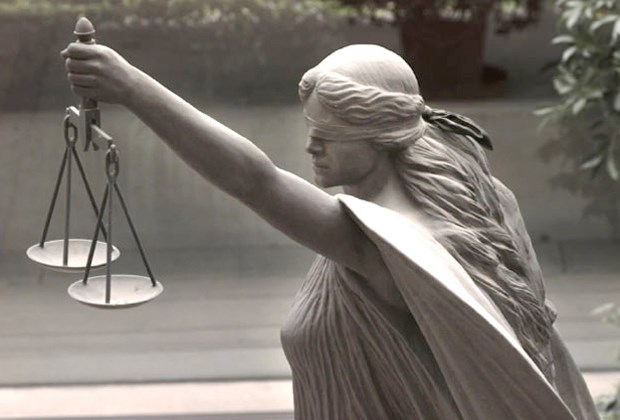A recent Supreme Court decision that puts tight reins on undercover "Mr. Big" stings may lead to an appeal for two West Vancouver men convicted of murder, according to a defence lawyer.
Police use Mr. Big stings to lure suspects into fictitious criminal enterprises in the hopes of soliciting a confession on a cold case. Because confessors are often cowed by veiled threats or induced by cash rewards, Mr. Big operations are now presumed inadmissible unless the Crown can prove the confession's value "outweighs its prejudicial effect," according to the judgment.
West Vancouver residents Sebastian Burns and friend Atif Rafay, each 38, are serving three consecutive life sentences for the 1994 murders of Rafay's parents and autistic sister in their Seattle-area home. The pair confessed to an RCMP "crime boss" while a camera rolled.
That evidence may not be admissible anymore, according to North Vancouver criminal defence lawyer Jay Straith.
"Rafay and Burns have got a new lease on life," he said. "If I'm the American lawyer for those two, I'm going to go back to my Washington court of appeal."
Several points noted in the Supreme Court judgment - including the "aura of violence" portrayed by the fictional gangsters - describe the sting that targeted Burns and Rafay "to a T," he said. During their trial, defence lawyers argued Rafay and Burns made a false confession out of fear they would be hurt or killed.
The prosecution countered that Burns "eagerly pursued" the fictitious crime boss in the hopes he could destroy evidence related to the triple murder.
The Supreme Court ruling also notes the tendency of Mr. Big operations to smear a suspect's reputation.
"The jury there got the impression that Rafay and Burns are a couple of punks that want to be involved in organized crime," Straith said.
Following the Supreme Court's ruling, trial judges will sift through admissions of guilt for details not made public. A suspect's confession may also be admitted if it leads to new evidence.
Mr. Big stings have been championed by regional Crown counsel Hank Reiner, who successfully prosecuted a West Vancouver hit man on five murder charges in 2003 using evidence obtained through a sting.
"It's ridiculous to think simply having a confession would result in a conviction," Reiner told the North Shore News in 2007.
In the case of West Vancouver hit man Mickie Smith, several details emerged from his confession - such as the number of shots fired, the killer's proximity to the victim and crime scene details - that were unavailable to the public. An undercover operation led to the conviction of Alexander Lawrence LaGlace, who pled guilty to the 2009 Lighthouse Park murder of Tammy Cordone. LaGlace revealed how many times he stabbed Cordone and how he disposed of the murder weapon.
Largely a Canadian invention, Mr. Big operations have been used more than 350 times in this country since the 1990s. The Supreme Court's ruling means "RCMP thespians" will be under closer scrutiny and unintelligent suspects won't be tempted to work their way out of a financial hole by posing as dangerous criminals, according to Straith.
"I have yet to see one of the Mr. Big stings where they got Albert Einstein being trapped into it," he said. "They're usually people who are kind of goofy to begin with."
The decision establishes what Straith called "a judicial yech test."
While it's disturbing to think a murderer could escape justice, Canadian society can't turn a blind eye to a practice that might put innocent people in jail, according to Straith.
"The Mr. Big technique comes at a price," according to the Supreme Court justices.
Operations can be coercive or abusive, which "raises the spectre of unreliable confessions," according to the justices.



